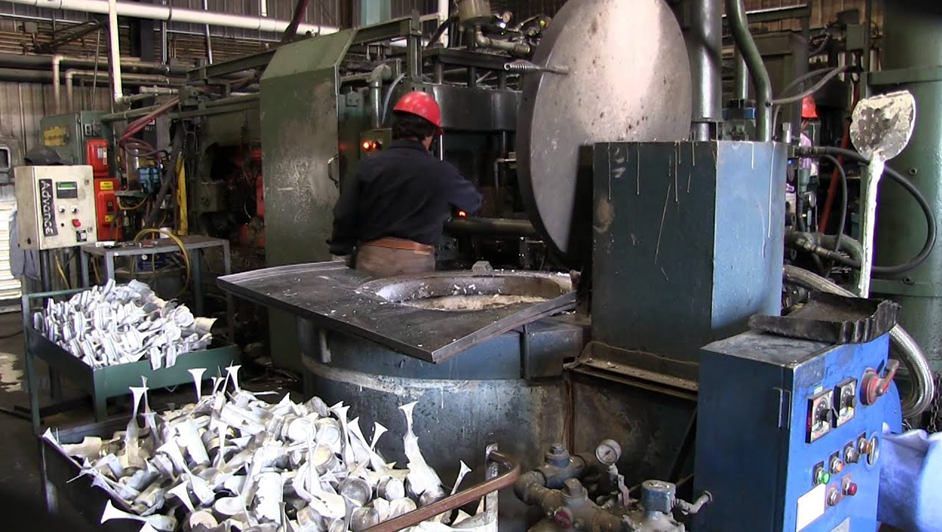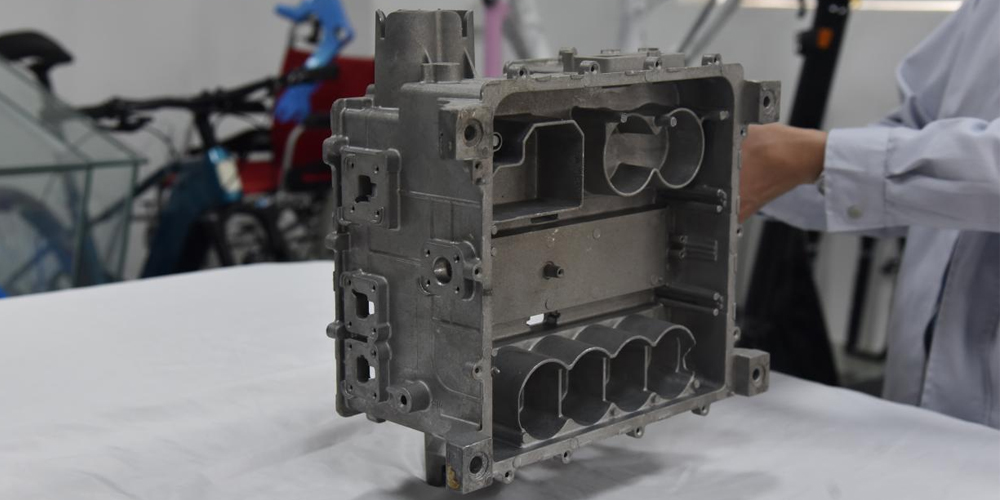Magnesium die casting is a versatile and efficient manufacturing process that involves injecting molten magnesium into a mold under high pressure to produce complex and precise components. This technique has gained popularity in various industries due to its numerous advantages and wide range of applications. In this article, we will delve into the advantages and explore the diverse applications of magnesium die casting.
Advantages of Magnesium Die Casting
1. Lightweight and High Strength: One of the most significant advantages of magnesium die casting is its exceptional strength-to-weight ratio. Magnesium is 36% lighter than aluminum and 78% lighter than steel, making it an ideal choice for applications where weight reduction is crucial without compromising strength. This advantage is particularly important in industries such as automotive and aerospace, where fuel efficiency and performance are paramount.
2. Excellent Dimensional Accuracy: Magnesium die casting provides excellent dimensional accuracy and consistency. The high-pressure injection ensures that the molten magnesium fully fills the mold cavity, resulting in precise and intricate shapes with tight tolerances. This level of accuracy is essential in industries like electronics and telecommunications, where small, complex components are required.
3. Superior Thermal Conductivity: Magnesium possesses excellent thermal conductivity properties, which allow for efficient heat dissipation. Components produced through magnesium die casting can easily transfer and dissipate heat, making them suitable for applications that require effective thermal management, such as LED lighting fixtures and automotive engine parts.
4. Excellent EMI and RF Shielding: Magnesium has inherent electromagnetic interference (EMI) and radio frequency (RF) shielding properties. Components manufactured using magnesium die casting are capable of providing effective shielding against electromagnetic radiation, making them suitable for applications in the electronics and telecommunications industries.
5. Enhanced Surface Finish: The die casting process for magnesium results in components with a smooth surface finish. The mold itself imparts a high-quality finish, reducing the need for additional surface treatments. This advantage is particularly beneficial in industries such as consumer electronics and automotive, where aesthetics are essential.
Applications of Magnesium Die Casting
1. Automotive Industry: Magnesium die casting plays a vital role in the automotive industry, where lightweight materials are in high demand to improve fuel efficiency and reduce emissions. Components such as transmission cases, engine blocks, and steering wheels are commonly produced using magnesium die casting due to its lightweight properties and excellent strength.
2. Aerospace Industry: The aerospace industry benefits greatly from magnesium die casting due to its lightweight properties and high strength. Components like aircraft seats, brackets, and housings for electronic systems can be efficiently manufactured using magnesium die casting techniques, contributing to weight reduction and improved performance.
3. Electronics and Telecommunications Industry: The excellent thermal conductivity, EMI/RF shielding properties, and dimensional accuracy of magnesium die-cast components make them ideal for applications in the electronics and telecommunications industries. Magnesium die-cast parts are extensively used in mobile phones, laptops, antennas, and other electronic devices.
4. Medical Industry: The medical industry also utilizes magnesium die casting for various applications. Magnesium components find application in medical instruments, surgical tools, and implantable devices due to their biocompatibility, lightweight nature, and ability to provide excellent surface finish.
Conclusion
Magnesium die casting offers numerous advantages and finds applications in diverse industries such as automotive, aerospace, electronics, and medical. With its lightweight properties, high strength, excellent dimensional accuracy, and superior thermal conductivity, magnesium die-cast components continue to play a significant role in manufacturing high-quality, complex parts. As technology advances, the demand for magnesium die casting is expected to grow further, pushing the boundaries of what is achievable in various industries.
-

- parts&comopnents for bicycle suspension fork for MTB
-

- Magnesiumseoksesta painevalettu sähköajoneuvon moottorikotelo
-

- OEM Die casting manufacturer produce magnesium alloy wheel for kids push bike
-

- OEM painevaletut osat ja komponentit
-

- Ultrakevyt jousitushaarukka MTB:lle
-

- Magnesiumseoksesta painevalettu autonosien keskiohjauskansi

 0086-750-5616188
0086-750-5616188 +86 13392089688
+86 13392089688 sales@zhongmei-tech.com
sales@zhongmei-tech.com








